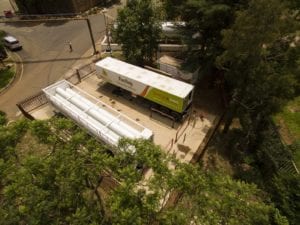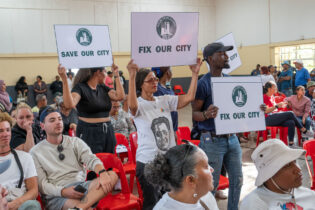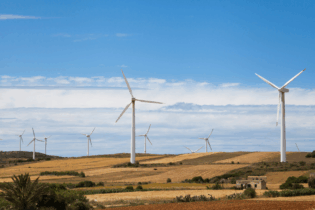
Compressed natural gas is a cleaner energy source than coal burning, lowering the maintenance requirements of the Gauteng-based hospitals.
A Turnkey solution
The GDID contracted VGN to convert four state hospitals (Tembisa, Kopanong, Yusuf Dadoo and Discoverers), to compressed natural gas. Once their efficiency had been proven, an additional six hospital contracts (Steve Biko, George Mukhari, Dunswart Laundry, Pretoria West, Far East Rand and Pholosong hospitals) were awarded to the company.“We were initially contracted for the gas supply only, but in order to lower the conversion process timeframe we ended up supplying a turnkey solution that included design, boiler conversion, civil works, piping and equipment installation, gas supply as well as the required MHI and SAGA certifications,” explains Stephen Rothman, Chief Executive Officer, CNG Holdings.
By managing the entire conversion supply chain, VGN was able to convert the hospitals in three to four months. The company has also committed to lower this timeframe to just five weeks for future conversions with its recently increased equipment stockholding. It adds that all conversions will be completed by the end of 2017.





